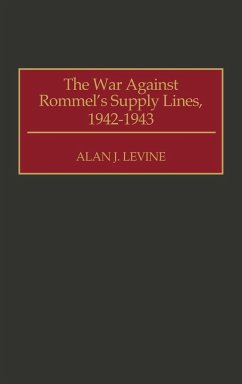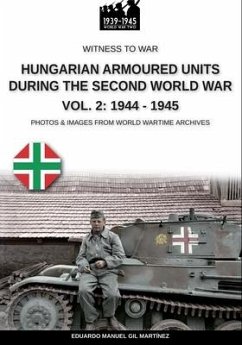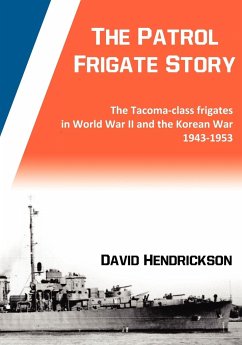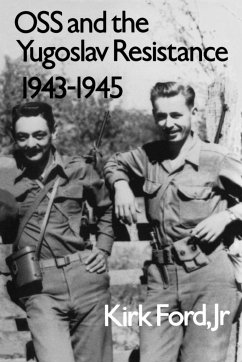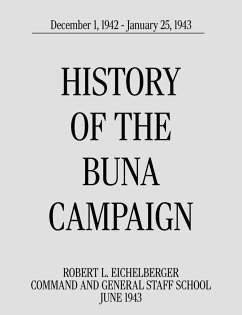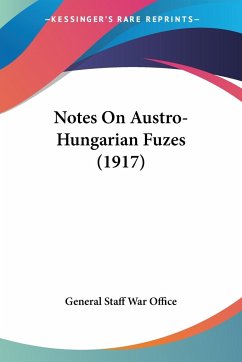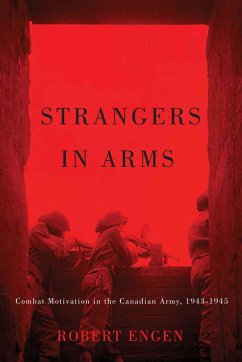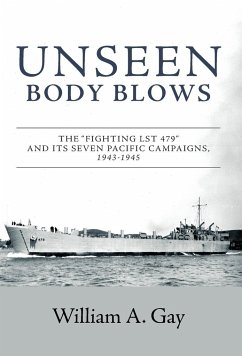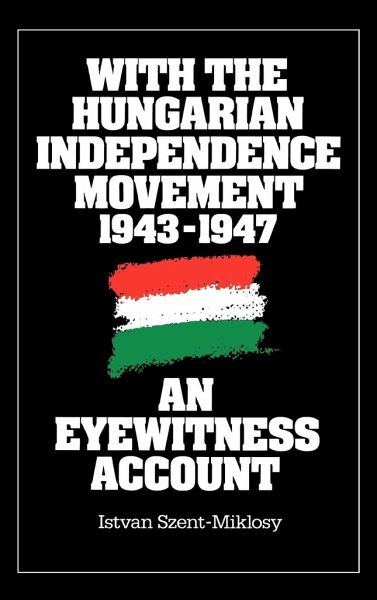
With the Hungarian Independence Movement, 1943-1947
An Eyewitness Account
Versandkostenfrei!
Versandfertig in 1-2 Wochen
89,99 €
inkl. MwSt.

PAYBACK Punkte
45 °P sammeln!
The Magyar Fuggetlensegi Mozgalom (Hungarian Independence Movement or MFM) played an important role in the history of Hungary in the latter part of World War II and the years immediately after. The bulk of this volume is based on Szent-Miklosy's personal experiences as a participant in the activities of the MFM. The author, the last survivor in the West of the MFM, describes the unsuccessful attempts of the group first to assist efforts to obtain an armistice with the Allies and to save the Jewish population of Budapest, and then to introduce a Western-style democratic political system into Hu...
The Magyar Fuggetlensegi Mozgalom (Hungarian Independence Movement or MFM) played an important role in the history of Hungary in the latter part of World War II and the years immediately after. The bulk of this volume is based on Szent-Miklosy's personal experiences as a participant in the activities of the MFM. The author, the last survivor in the West of the MFM, describes the unsuccessful attempts of the group first to assist efforts to obtain an armistice with the Allies and to save the Jewish population of Budapest, and then to introduce a Western-style democratic political system into Hungary. He also identifies the causes of the movement's failures, causes that lay not just in the actions of Nazi Germany and the Soviet Union, but also in the ambivalent foreign policies of France, Great Britain, and the United States, as well as in the shortcomings of Hungarian leadership. The author concludes that despite the eventual failure of the MFM its various efforts had to be made in order to demonstrate Hungary's commitment to Western European culture, independence, Hungarians living outside its borders, the defense of the Jewish population, and a Western-style of democracy.





